Musk's SpaceX contests Wisconsin's rural broadband plans
The Trump administration is pushing states to direct more federal funding into supporting satellite internet, which is cheaper to install but slower than fiber-optic broadband, and critics fear a giveaway to companies owned by centibillionaires Elon Musk and Jeff Bezos.
The Badger Project
October 7, 2025
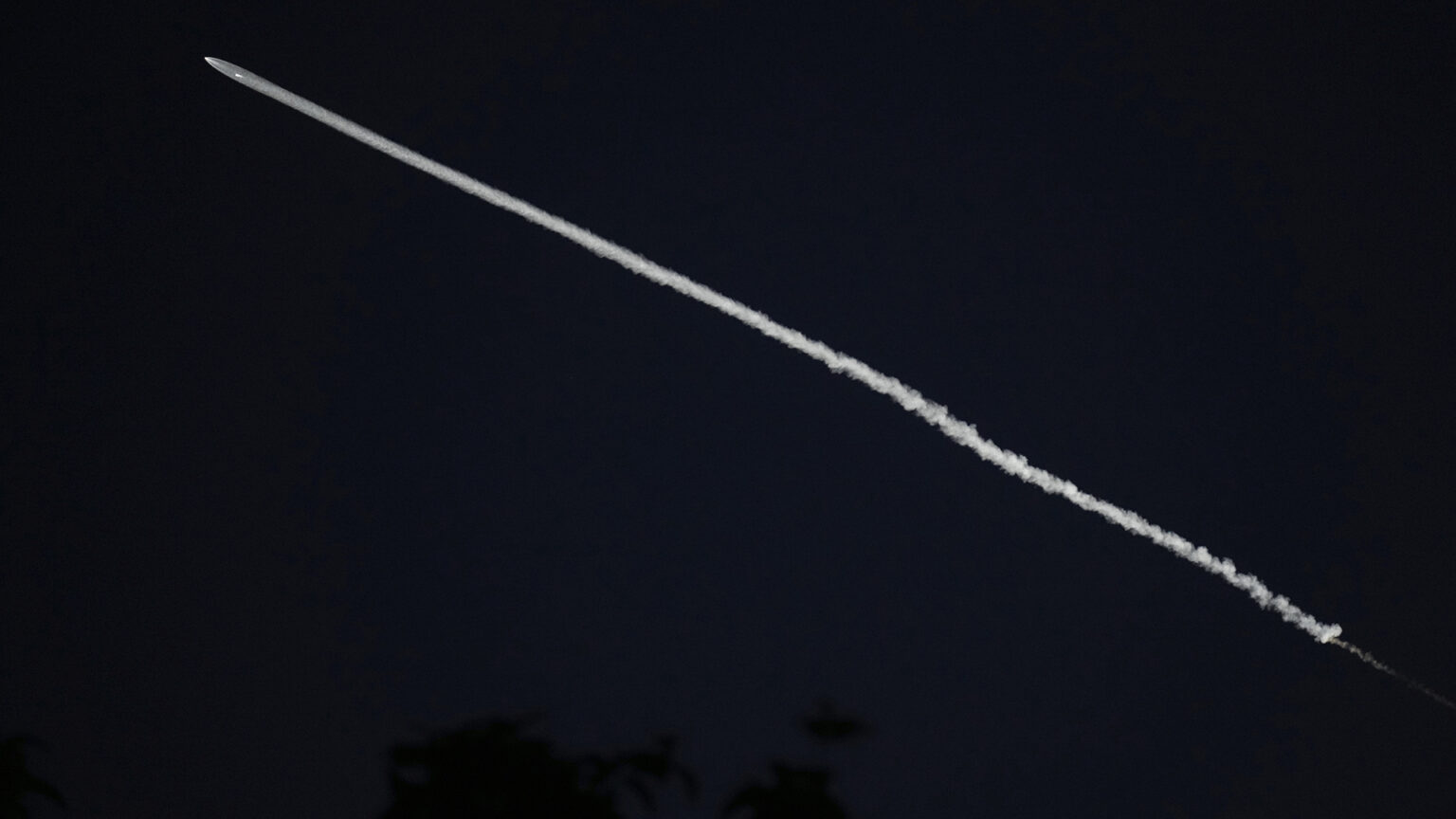
A SpaceX Falcon 9 rocket carrying 26 Starlink satellites launched from Vandenberg Space Force Base in central California, flies over Los Angeles on June 16, 2025. (Credit: AP Photo / Damian Dovarganes)

A representative of Elon Musk’s rocket venture SpaceX, the parent company of its satellite internet company Starlink, publicly challenged plans in Wisconsin and other states to fund high-speed internet installation in rural areas.
The Trump administration has already rescinded billions in federal grants to states intended mostly to fund the burying of fiber-optic cables that deliver superfast and highly dependable internet to homes and businesses. The administration then ordered states to reapply and expand “the use of all technologies.”
Experts worry that the federal government will force states to use public funds initially earmarked for fiber-optic instead for much slower but cheaper-and-faster-to-install satellite internet provided by companies like SpaceX’s Starlink and Jeff Bezos’ Project Kuiper.
The federal government “should carefully review Wisconsin’s proposal, reject unnecessary spending, and require Wisconsin to recompete these locations to achieve the Benefit of the Bargain and bring internet to those who need it in months, not years,” Erica Myers, SpaceX’s senior manager for global government affairs, wrote in a comment on the state’s plan.
The $1.2 trillion, bipartisan Infrastructure Investment and Jobs Act, passed in 2021, included $42 billion to bring high-speed internet, called broadband, to parts of the country, mostly rural, that lacked it.
But the rollout was agonizingly slow, and little of the cash had been distributed and few homes hooked up more than three years later when Republican President Donald Trump replaced Democratic President Joe Biden, who signed the bill into law.
That allowed the Trump administration to make major changes to the infrastructure bill’s internet funding program, called Broadband Equity Access and Deployment. Wisconsin had initially been awarded more than $1 billion.
The bill intended for most of the funding to go towards locally-owned fiber-optic networks, Christopher Mitchell, director of the Community Broadband Networks Initiative, a Minnesota-based think tank supporting communities’ telecommunications efforts, said in an email to The Badger Project.
“There was an expectation that only the very remote, intolerably high-cost locations would be left with satellite access,” he continued.
While fiber-optic delivers superfast and virtually uninterrupted internet access, there’s a significant, one-time cost of time and money to bury the cables in the ground, especially in rural areas with few homes. For-profit companies have often refused to make that investment without public funding, because the return is poor in sparsely populated areas.
On the other hand, satellite internet has lower setup costs in both time and money, as only a dish needs to be installed at each home or business. But as technology advances and consumers keep requiring faster internet, the speeds provided by satellite are much slower in general than fiber. Despite improvements, Starlink, the industry leader, does not regularly reach the federal definition of broadband speeds, according to an analysis by Ookla, an organization that provides measurements of telecommunications. Internet delivered via fiber-optic cables can already obliterate that minimum speed.
Starlink also says its internet service can be affected by severe weather. And questions remain if satellite internet companies can deliver on the scale needed across the country.
“Satellite internet providers face real challenges in providing a high-quality experience because there is a somewhat small number of satellites relative to the millions of subscribers who each are using more capacity each month,” Mitchell said.
In Wisconsin, more than 260,000 locations lack access to high-speed internet, according to the state’s Public Service Commission.
The state of Wisconsin has submitted its revised proposal for internet grants, and is now waiting for a response from the federal government.
Mitchell and other experts fear the federal government will force a giveaway to the satellite internet companies of tech billionaires Musk and Bezos, while ignoring a future where increasing internet speed becomes ever more crucial to daily life.
The Trump administration “is directing Wisconsin to significantly decrease the homes getting investment in order to write a bigger check to SpaceX and give the rest back to the Trump administration rather than making sure everyone has good access and using the leftover funds for digital job training programs,” Mitchell said.
Wisconsin’s original proposal for homes without high-speed internet access had 93% fiber-optic deployment. The revised plan submitted has 73% fiber, 13% fixed wireless, often from towers, and 13% satellite.
“I wouldn’t be surprised if the Trump (administration) re-jiggered Wisconsin’s plan so that the satellite and fiber proportions were reversed,” said Barry Orton, a telecommunications professor emeritus at UW-Madison.
“High-speed internet is not just a luxury, it is a necessity for every Wisconsinite,” Sen. Tammy Baldwin said in a press release issued by the governor’s office. “Whether you are using it for a job, writing a paper for school, talking with a doctor, or just to talk with family, every Wisconsinite deserves access to broadband they can afford—regardless of where they live.”
The Badger Project is a nonpartisan, citizen-supported journalism nonprofit in Wisconsin.
 Passport
Passport




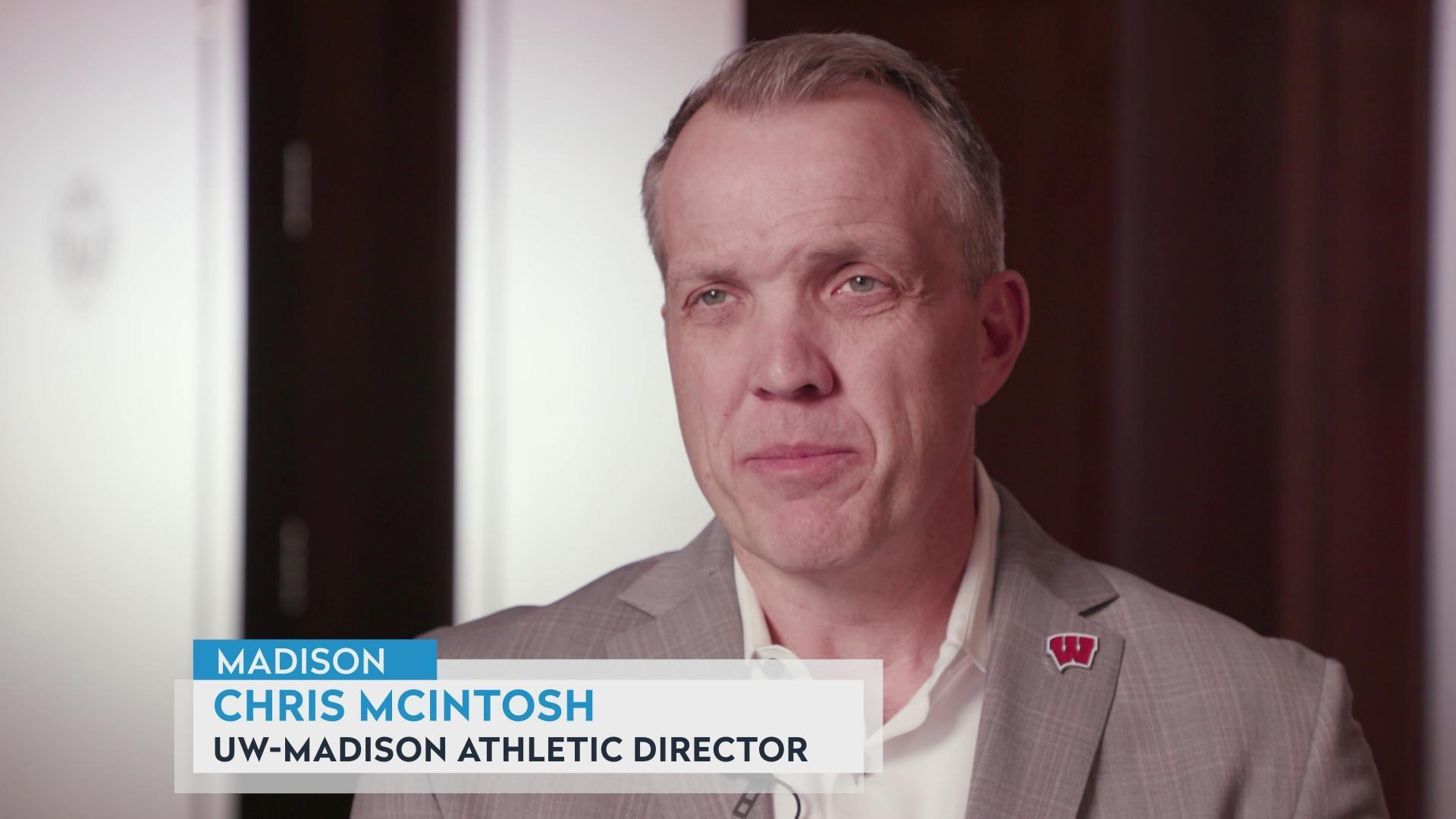
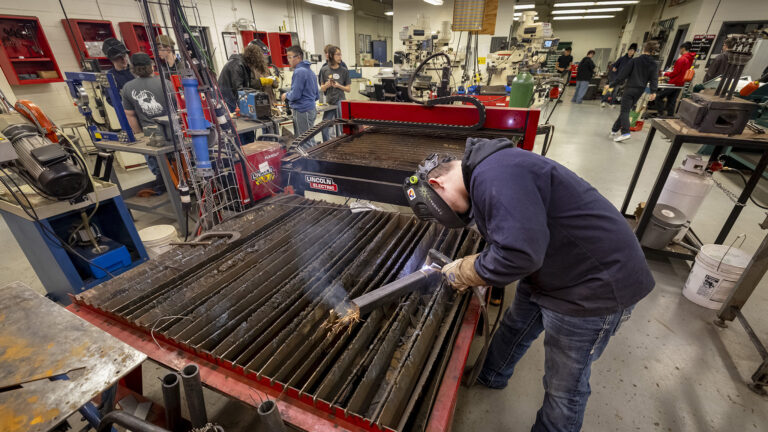
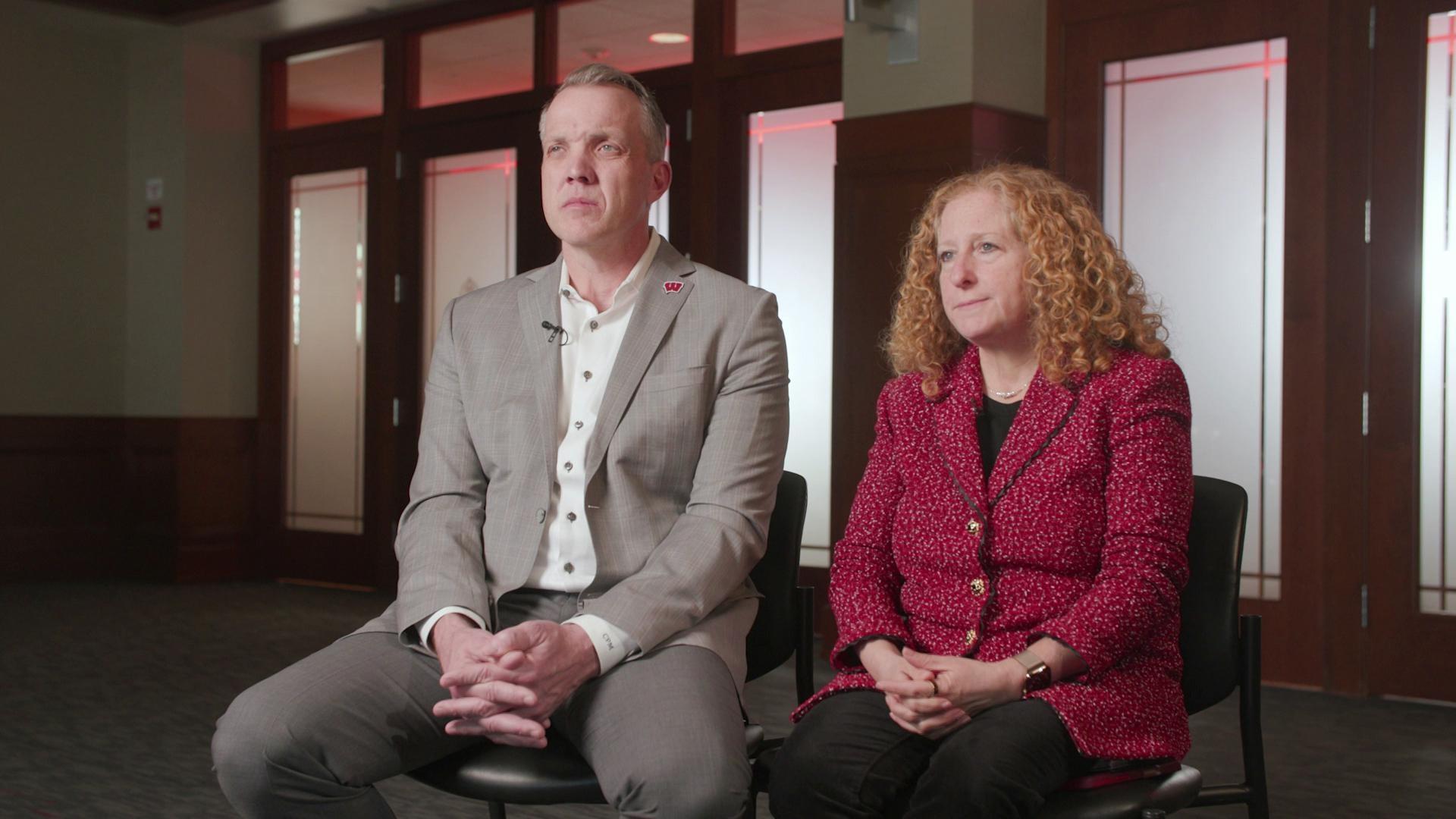
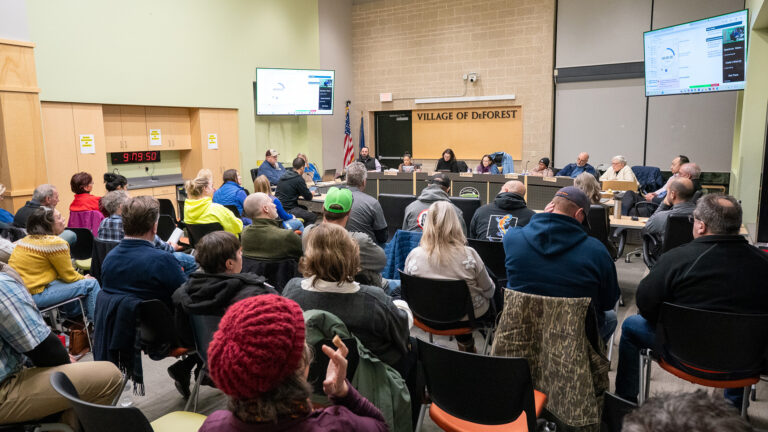
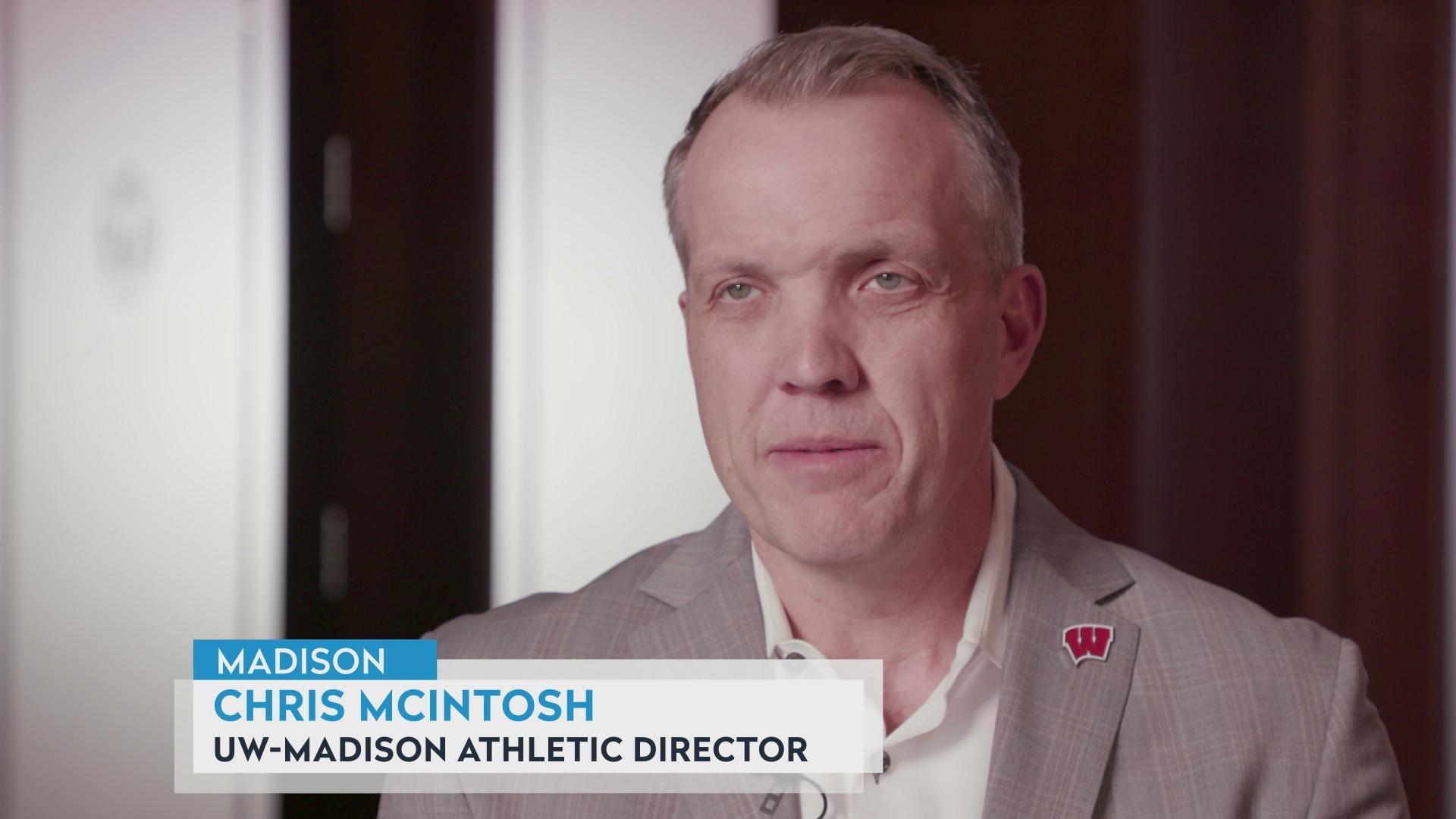
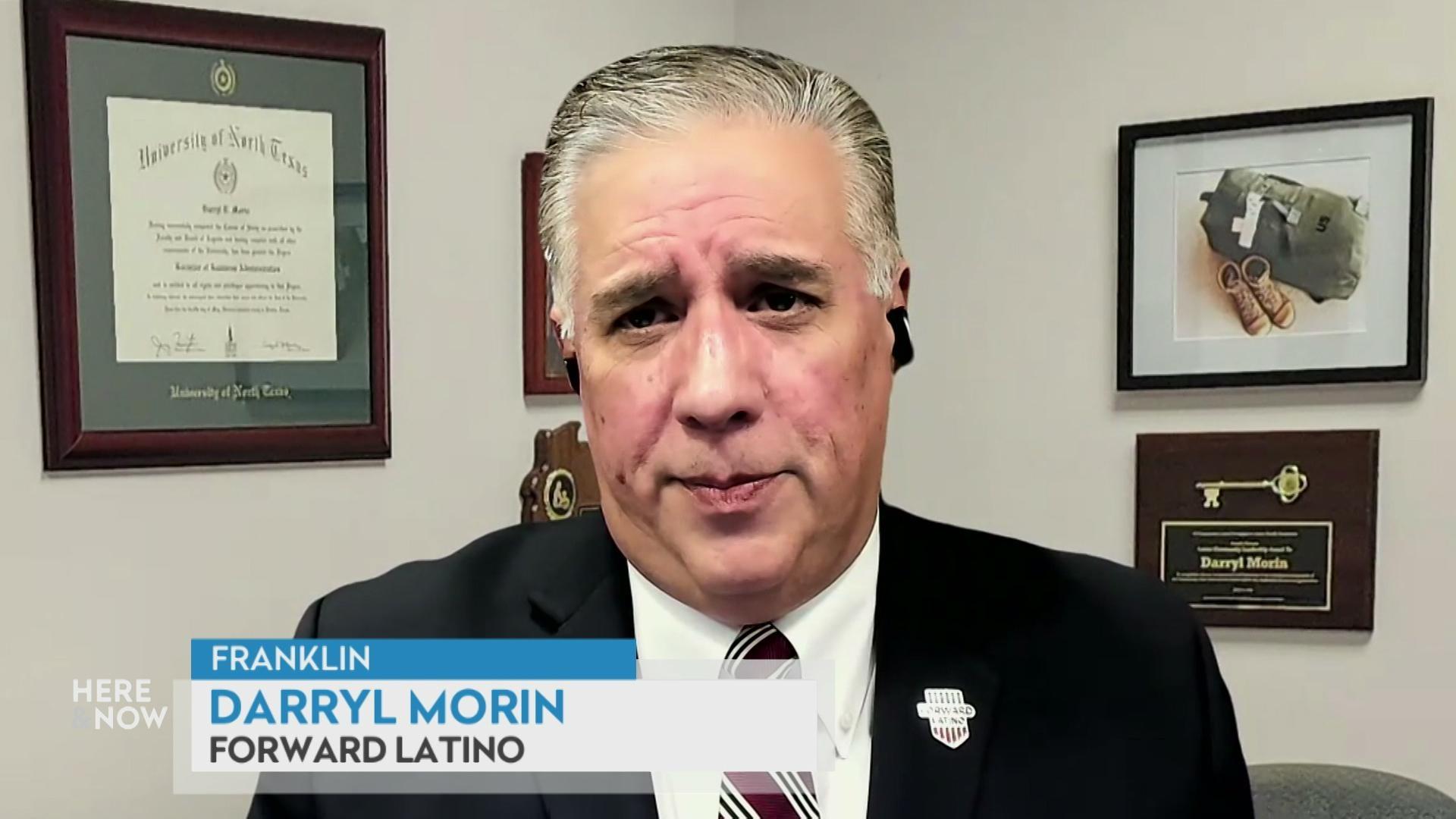

Follow Us